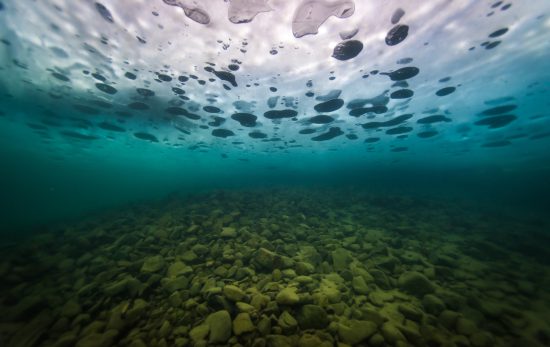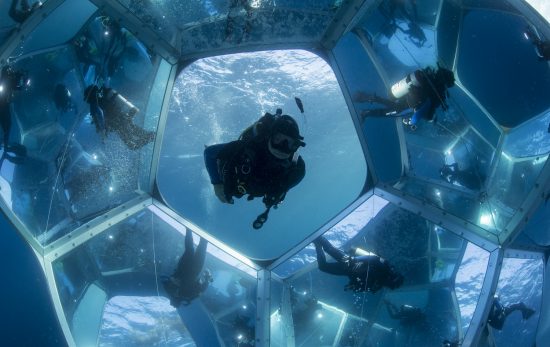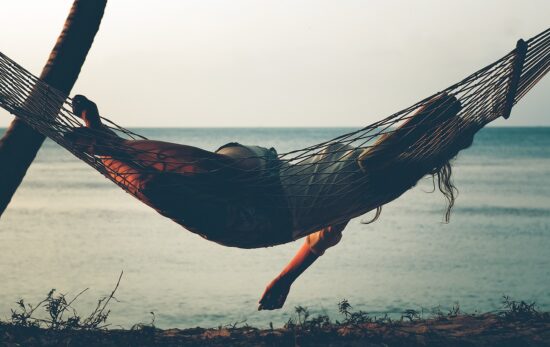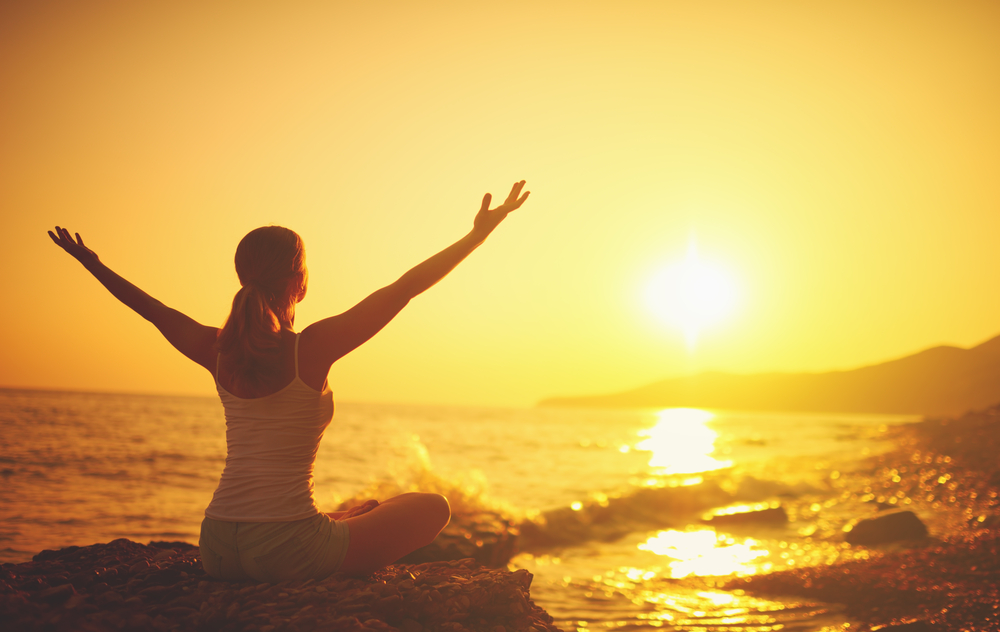
Whether or not they are able to articulate how and why, divers from all walks of life will wax poetic on the healing properties of donning scuba gear and heading below the surface for a dose of underwater therapy. It might sound a little new-agey or mystical to non-believers, but those who have experienced it for themselves will never doubt again.
Diving heals not just individuals but also destinations and even whole communities. Still a skeptic? Read on for the real life stories, hard science, and feel-good anecdotes behind the restorative power of diving.
Individuals
Diving can, for many, act as an underwater meditation. The focus on breathing, the sensation of weightlessness and the absence of many of the modern world’s omnipresent distractions – ringing phones, blinking inboxes, beeping texts – allows individuals to reconnect to the planet.
Aside from the psychological, there are scientifically proven physical health benefits to diving, like increased flexibility and strength, improved blood circulation and an increase in oxygen.
How does all this translate for those with serious injuries and conditions? While scientists are still working to explain them, stories about of diving and recovery from cancer, relief from PTSD, assistance in allowing spina bifida patients to walk, and even creating “a pathway for restoring neurological and psychological function in paraplegics,” according to researchers from John Hopkins.
“Is there something healing happening under there?” asked Daniel Becker, M.D., one of the researchers on the team that studied patients with spinal cord injuries as they underwent a four day diving certification. It may be too soon to know for sure, but researchers are excited by what they found: significant improvement in muscle movement, and increased sensitivity to touch. Could the lack of gravitational pressures and holistic benefits of close contact with nature someday yield a miracle cure for those with injuries previously considered untreatable? Time – and creative thinkers willing to think outside the box and below the surface – will tell.
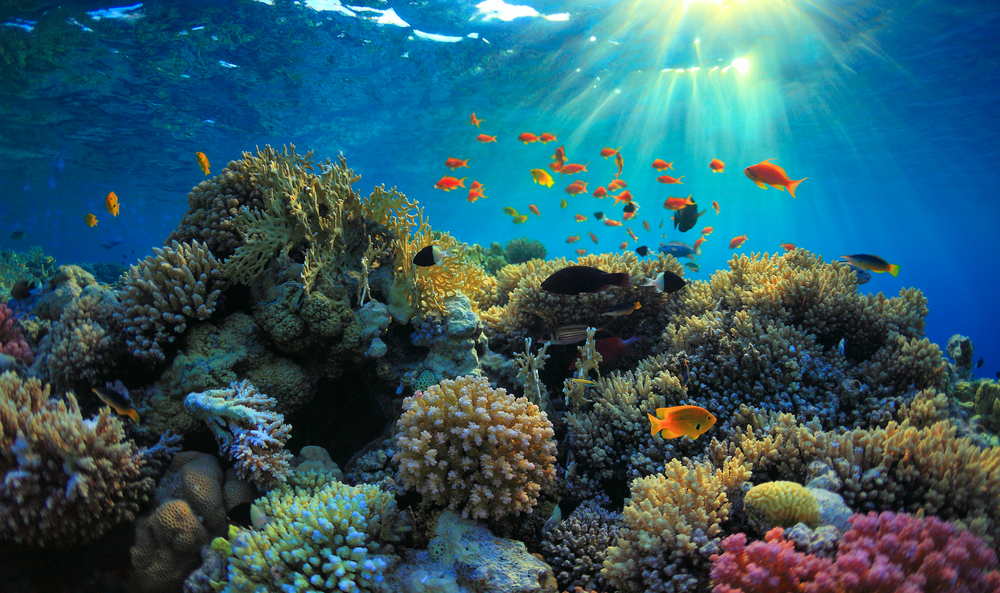
Destinations
Can scuba diving heal the planet? Optimists who love the ocean say yes. Divers have been on the front lines of many sustainability battles, from clearing invasive lionfish out of the Caribbean to banning shark fishing in the Bahamas and Palau.
Divers make up groups like Los Angeles Waterkeeper, where over 200 divers volunteer to monitor, protest and restore the region’s coastal waters. Scuba-addicts who want to do good on their days off volunteer for projects like tagging sharks and sea turtles in Cocos Islands, working on coral restoration in the Florida Keys, or adopting dive sites wherever they may be. It makes sense – those who know the ocean best are most likely to recognize where and when it is vulnerable, and be most invested in its healing and recovery.
One destination in particular has benefited from a community eager to redeploy their talent and training: veterans. In the Cayman Islands, a group called FORCE BLUE enlists former special ops veterans to redeploy their teamwork and training into rebuilding fragile reefs and transplanting corals. The founder, Rudy Reyes, is a veteran himself.
“After all the investment, all the blood, sweat and tears, why not give these highly-skilled men and women a chance to heal themselves and heal the planet?” asks Reyes.
Communities
When the individual and the destination come together, scuba can heal communities.
In communities threatened by natural disaster, divers can play a crucial role in bringing the community together – as with coastal restoration in the Gulf of Mexico, or communities of active Navy working alongside civilians to clear the San Diego Bay of trash along the coast and in the ocean, strengthening the bond between the military and the communities they serve.
Diving associations can also bring together communities of people connected by a love of diving. There are associations for groups as wide as women (which provide scholarships to encourage young girls to dive) to groups as specific as even lawyers! Yes, lawyers — in South Florida, an “underwater bar association” brings together lawyers and judges who focus on philanthropy and conservation underwater.
One community that diving is becoming a notorious ally to is the community of veterans. For many veterans who have lost limbs, become paraplegic, or suffer from PTSD, diving can offer the individual healing benefits discussed above. But as a group, diving can help veterans reintegrate back into society by offering them a sport and passion that is easily adapted for various abilities and injuries.
Countless organizations — Waves Project, Patriots for Disabled Divers, Diveheart, Dive Pirates, and Scuba Warriors, to name a few – have profound faith in the power of diving to provide relief and hope to veterans. Among other factors, scuba diving gives veterans a renewed sense of independence, allows them to interact with other veterans on similar journeys, and lets them focus on learning skills and the process of diving, allowing them to create new positive memories and live in the moment.
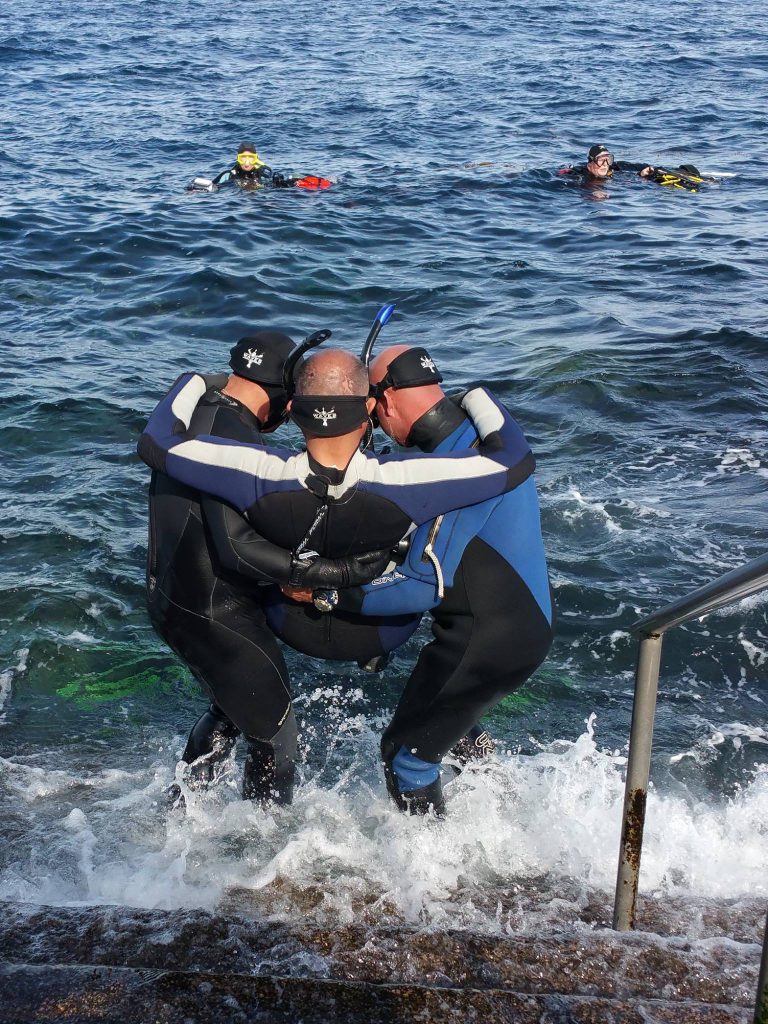
Mr. Hilliard, a former Army sergeant found that scuba diving was his only hope when seeking treatment for PTSD. “As soon as I was underwater, everything went quiet. Seeing the fish, hearing the ocean — there is a complete innocence about it. There are no bad memories in the water. Everything just wants to live. It made me want to live again.”
When Sgt. Juan Gonzales USMC (Ret.) found relief from Post-Traumatic Stress Disorder (PTSD) through scuba diving, he also discovered hope for his future and the thousands of others suffering from trauma related illnesses like PTSD and BTI.
Have you experienced the healing power of scuba diving in your own life? Share your story below!
